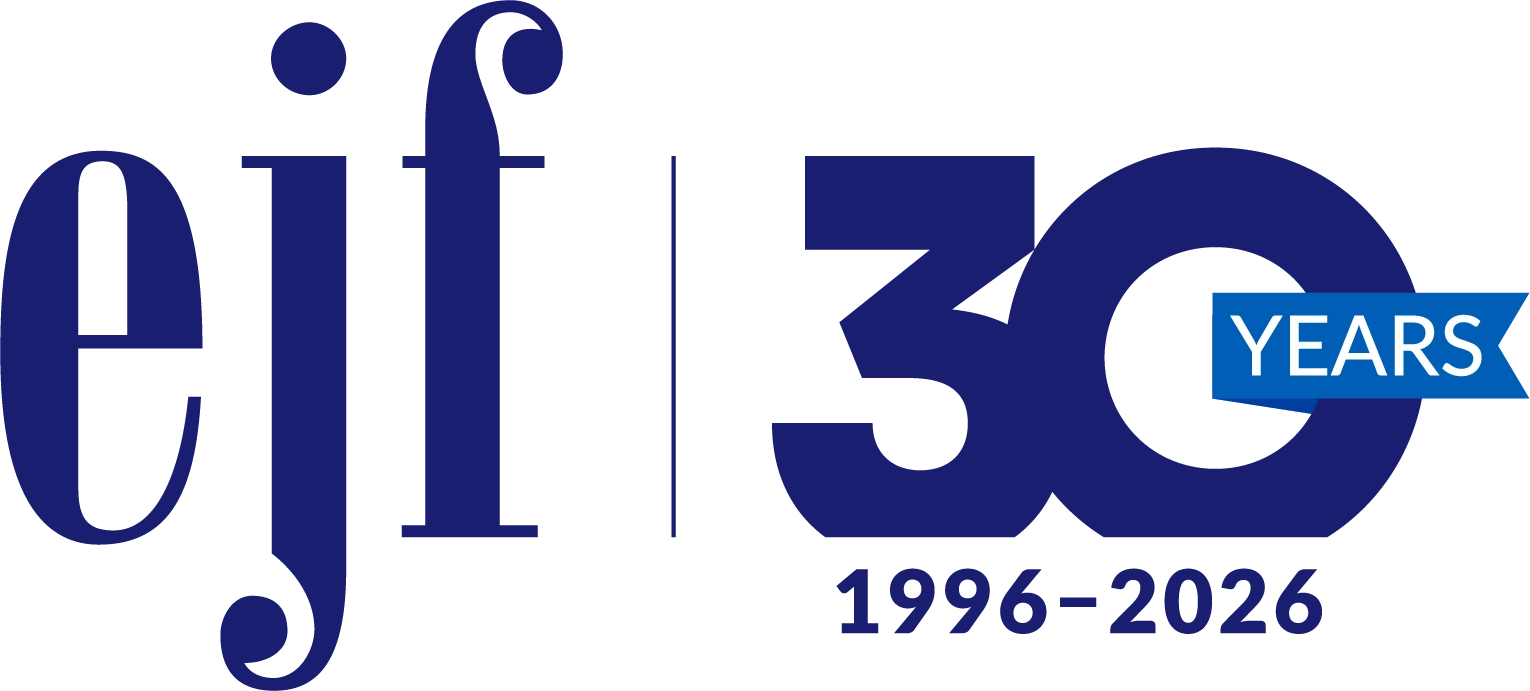Artificial intelligence (AI) is no longer just a concept from science fiction. It is transforming the way industries operate, offering unprecedented capabilities in decision-making, automation, and data analysis. For community association boards, the rise of AI represents an opportunity to enhance efficiency and better serve homeowners by leveraging technology. Understanding AI and knowing how to implement it responsibly can lead to significant benefits, but it also requires thoughtful consideration of its limitations and ethical implications.
In this article, we’ll explore what AI is, how it works, how it can be applied to community association management, and what board members need to know to use it effectively.
What Is AI and How Does It Work?
AI, or artificial intelligence, refers to the development of machines or systems that can perform tasks typically requiring human intelligence. These tasks include pattern recognition, decision-making, and problem-solving. AI technologies, particularly those powered by machine learning, can process large datasets, recognize trends, and make predictions at a speed and scale that would be impossible for humans.
One of the most exciting subsets of AI is Generative AI, which involves systems that generate content or responses based on large language models. These models are trained using vast amounts of data, allowing AI to respond to prompts in a conversational way, much like a human would. This capability is already widely used in chatbots and virtual assistants, helping businesses and organizations interact more efficiently with their stakeholders.
For board members, understanding the basic functionality of AI is key to leveraging its potential within your community association. However, it’s also important to approach AI with caution and mindfulness, as it is not without its limitations.
AI in Community Associations: Enhancing Operations
AI has the potential to revolutionize how community associations are managed. The technology can automate time-consuming tasks, assist in decision-making, and augment the work of board members, property managers, and other stakeholders.
One of the most practical applications of AI is in communication. Tools like ChatGPT—a free, language-processing model developed by OpenAI—can assist in drafting emails, letters, memos, or even policy documents. Board members can use it to quickly turn an email into a formal letter or translate a memo into another language, ensuring efficient and effective communication with homeowners, attorneys, and contractors. AI systems can also schedule meetings, draft templates for commonly used documents, and generate responses to resident inquiries.
By reducing the administrative burden, AI gives board members and managers more time to focus on strategic decision-making and problem-solving. However, despite its benefits, AI cannot replace the emotional intelligence, judgment, and leadership that only humans can provide—especially when it comes to fostering relationships within the community.
AI at Work: What Do People Think?
As AI adoption grows, there are understandable concerns about its role in decision-making and the workplace. According to a study from the University of Queensland and KPMG Australia, 55% of people are comfortable with AI being used to augment and automate tasks, provided it doesn’t take over human resource or people management decisions. This speaks to an important point—AI is valuable for enhancing operations, but most people prefer that final decisions remain in human hands.
In a community association context, AI should be seen as a tool to augment board members' efforts, not replace them. Board members must continue to provide oversight, make critical decisions, and ensure that AI is used responsibly and ethically.
Ethical Considerations and Best Practices for AI
Ethics play a crucial role in AI implementation. The Community Associations Institute (CAI) Manager Code of Ethics offers a framework for ensuring that community association professionals uphold high standards of competency and ethics in their work. When incorporating AI into association management, these ethical guidelines should be extended to ensure the technology is used in a way that benefits the community without compromising privacy or integrity.
Best practices to consider when working with AI systems:
Be creative: Use AI to experiment with different tones or approaches in your communications, but always personalize the output to ensure it reflects your style and values.
Do not use personal information: Protect sensitive data by avoiding the inclusion of personal details (names, addresses, contact information) in AI-generated content. AI tools rely on vast data sources and using personal data in prompts can lead to unintended privacy violations.
Review for accuracy: AI-generated content is not always accurate. Board members should thoroughly review any text or data generated by AI, ensuring it aligns with the association’s needs.
Legal fact-checking: AI can generate answers or suggestions, but board members should never rely on it for critical legal or regulatory information without verifying accuracy.
The Legal Ramifications of AI
As AI becomes more integrated into daily operations, community associations must be aware of the potential legal ramifications. AI-generated content could lead to the creation of legally binding obligations if misused or misinterpreted. For instance, improperly worded communications or contracts drafted with AI could inadvertently expose the association to liability. There are several legal concerns that board members need to consider:
Creating legally binding obligations: Any communications or agreements generated with AI must be reviewed to ensure they are legally sound.
Insurance coverage: When AI is used in risk assessments or incident reporting, it’s critical to verify that any resulting claims are covered under the association’s insurance policies.
Data privacy: AI relies on data inputs, so associations need to ensure that resident information is kept confidential and compliant with data protection laws.
Tort liability: If AI systems provide inaccurate information that leads to harm, the association may face liability. Careful use and verification of AI outputs can help prevent such issues.
AI and the Future of Community Management
AI is undoubtedly a powerful tool, but it is only as effective as the people using it. Community association boards should see AI as a complement, not a replacement, to their roles. By using AI to handle routine tasks, draft communications, and support decision-making, board members can focus on more critical responsibilities like fostering community relationships, resolving disputes, and ensuring the long-term health of the association.
As AI continues to evolve, community associations will need to stay informed about new developments and best practices. The ability to adapt to these changes will allow boards to operate more efficiently while maintaining the trust and engagement of homeowners, ultimately creating successful, vibrant, well-managed communities.




